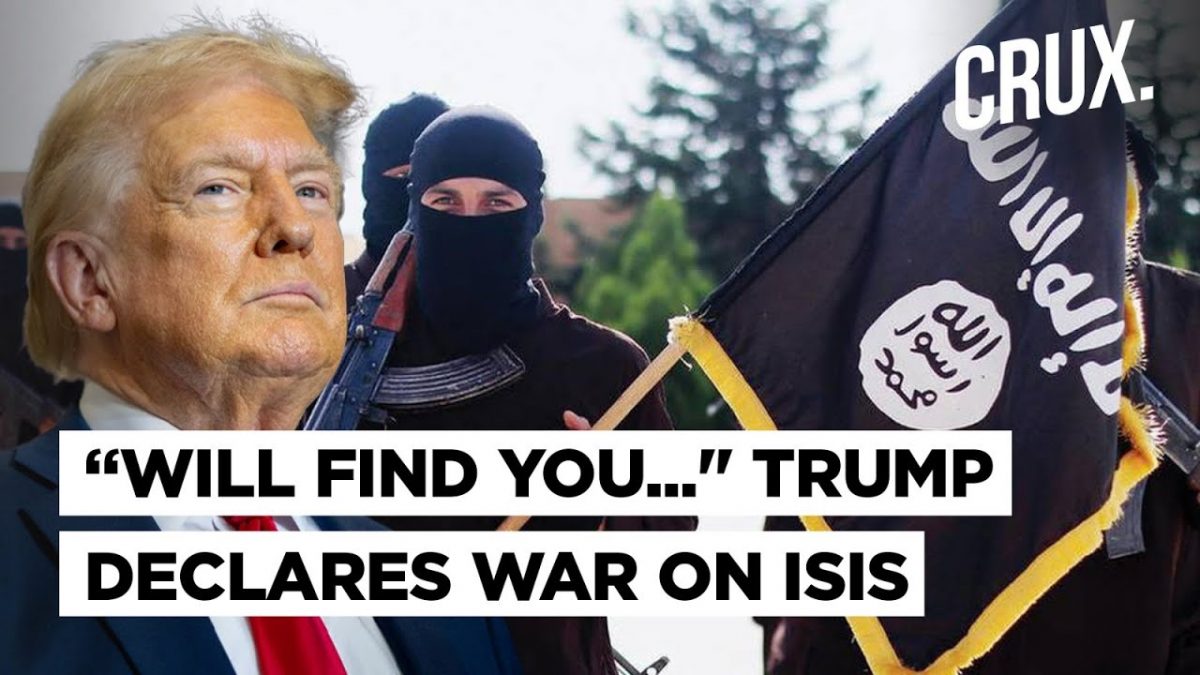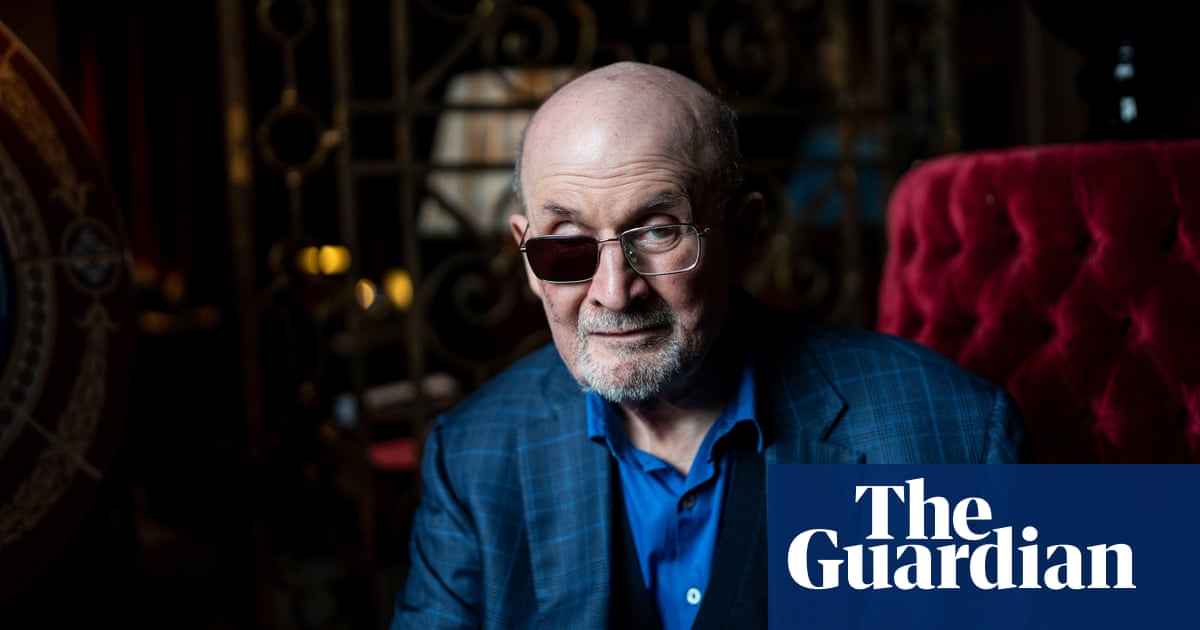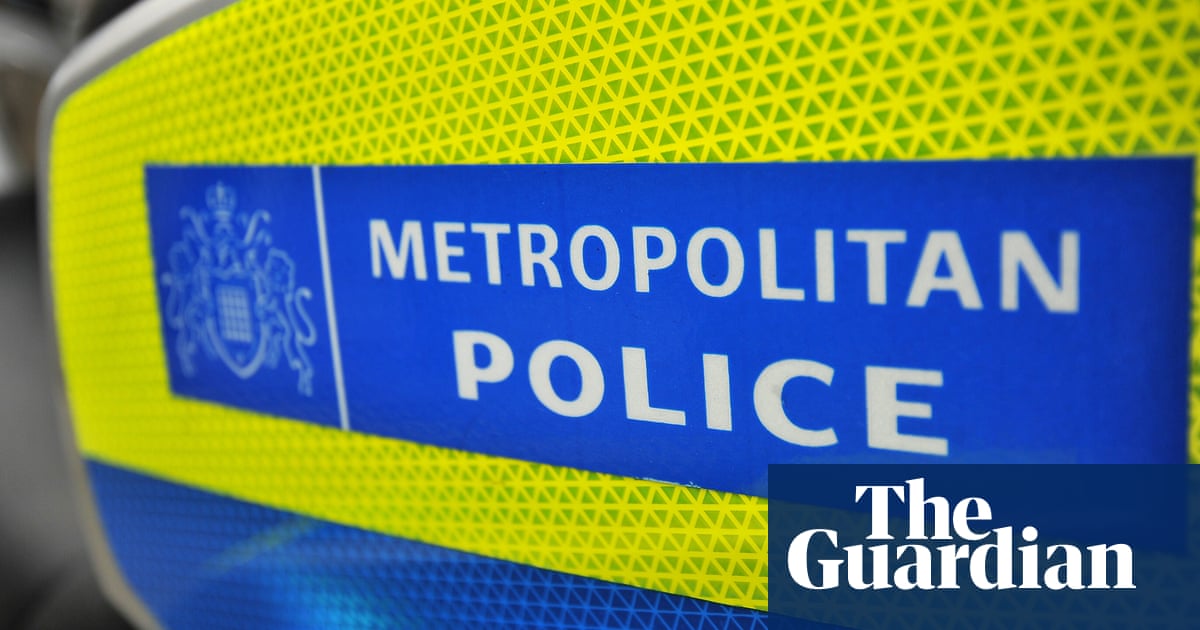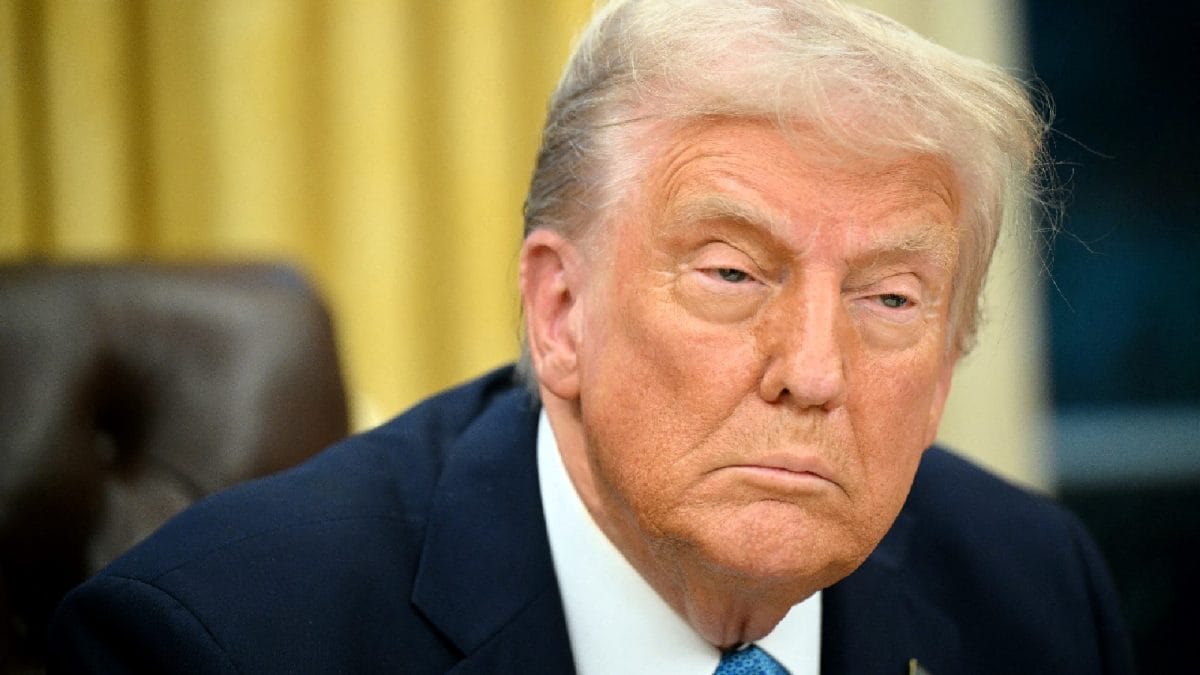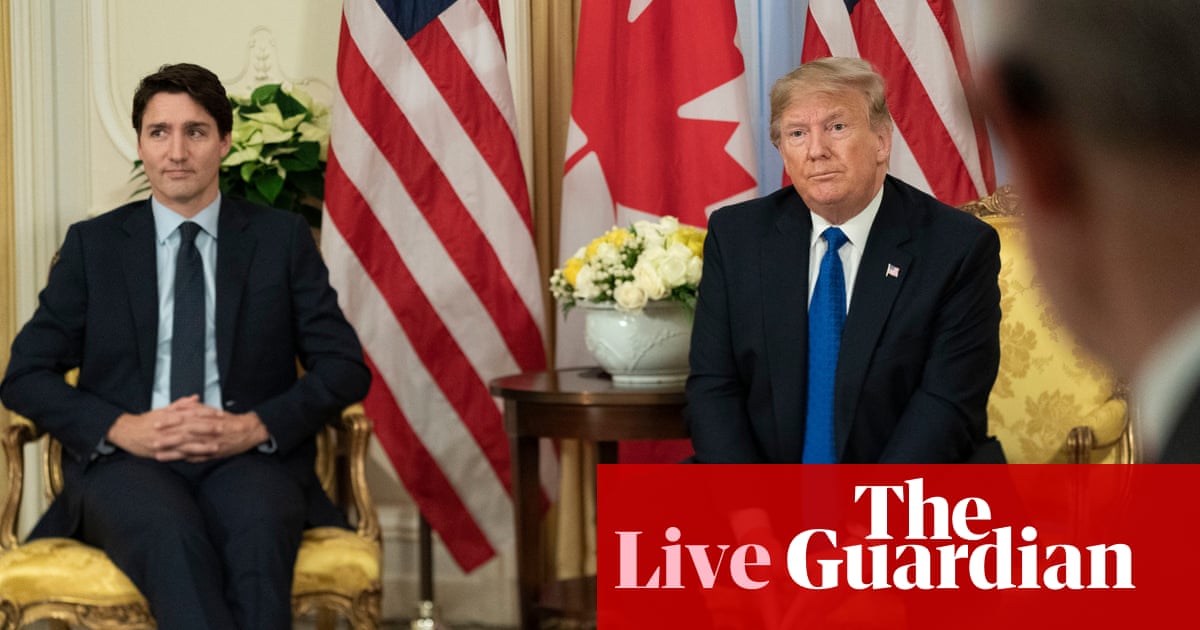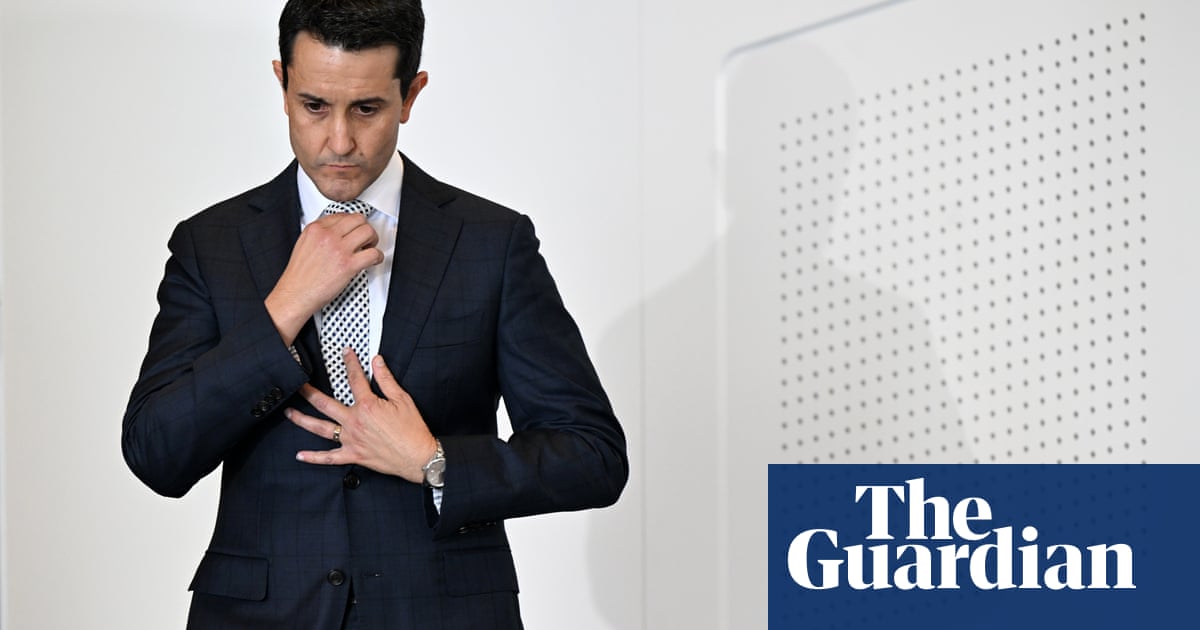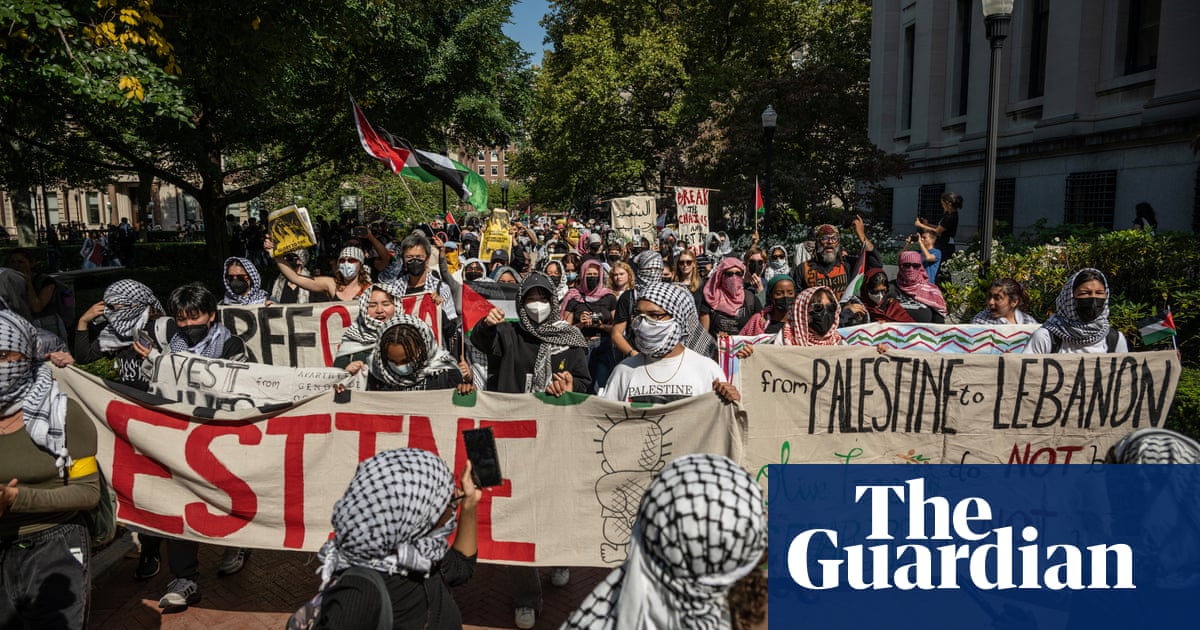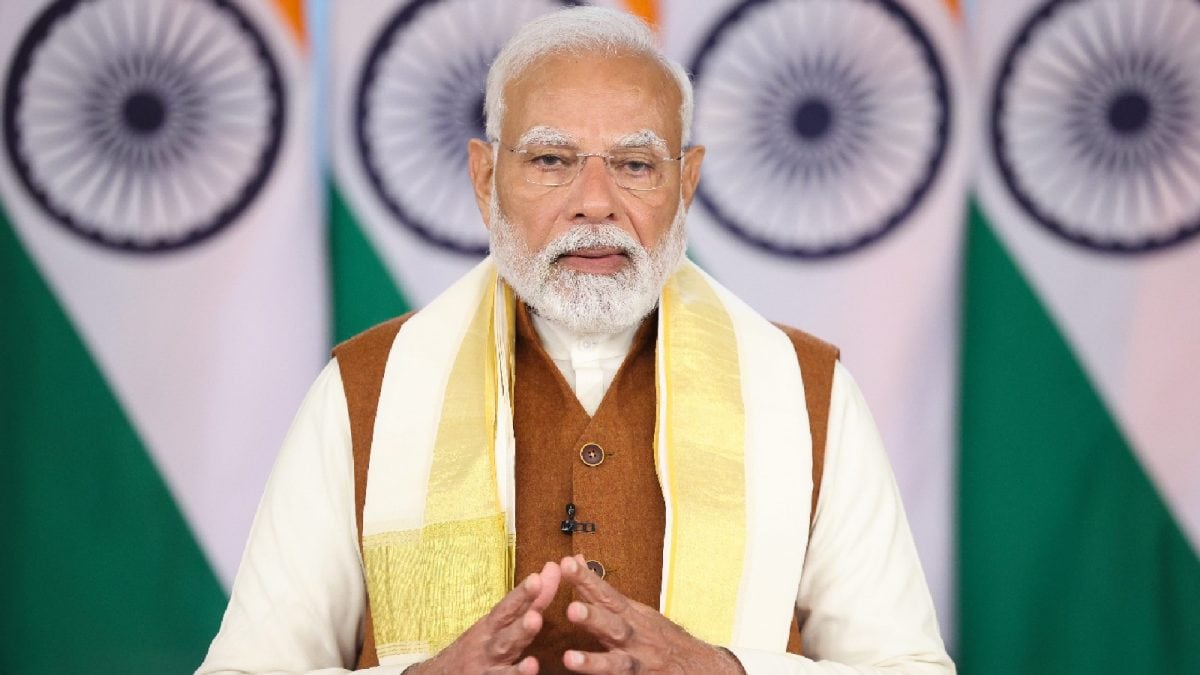An online network for neo-Nazis that openly advocates acts of violence has been hit with counter-terrorism sanctions in an escalation of the federal response to the spate of antisemitic attacks in Australia.
The foreign minister, Penny Wong, announced the sanctions on Terrogram, a network of groups that use encrypted platforms such as Telegram to share radical white supremacist content.
The group promotes militant accelerationism, which calls for violent acts to destabilise society.
It is the first time an entirely online entity has been sanctioned under Australia’s terrorism financing regime, and means it is now a criminal offence to use or deal with Terrogram’s assets.
Sign up for Guardian Australia’s breaking news email
Penalties include fines and up to 10 years in jail.
The Albanese government also re-listed four other far-right groups under the regime: Socialist Order, the Russian Imperial Movement, Sonnenkrieg Division and The Base.
“This demonstrates the Albanese government’s commitment to disrupting the activities of terrorists and violent extremists and preventing them from recruiting and radicalising people online,” Wong said.
skip past newsletter promotionafter newsletter promotion
“There is no place in Australia for antisemitism, hatred or violence.”
Separately, Wong announced sanctions on terrorist group Hezbollah’s new secretary general and spokesperson, Naim Qassem.
The sanctions on the far-right groups come as the Albanese government, state and federal police and intelligence agencies scramble in response to a wave of antisemitic attacks in Melbourne and Sydney.
The discovery of a caravan in Sydney’s north-west allegedly loaded with explosives and containing the address of a synagogue dramatically escalated fears about the potential for a mass-casualty attack.
A political brawl has erupted over who knew what, and when, about the potential plot, with the prime minister, Anthony Albanese, declining to confirm when he was briefed on the 19 January discovery.
On Sunday, the opposition leader, Peter Dutton, said it was “inconceivable” the caravan would not have come up in discussions between Albanese and the NSW premier, Chris Minns, who was briefed a day after it was found.
Minns did not disclose the investigation at an emergency national cabinet meeting on 21 January because he didn’t think it was the appropriate forum.
“I don’t think there’s been a true and honest account of what’s happened here, but if the prime minister of our country is not across what was potentially the biggest terrorist attack in our country’s history, essentially until the public found out about it, I think that is an absolute abrogation of his responsibility,” Dutton told ABC TV on Sunday.

 4 hours ago
4 hours ago

